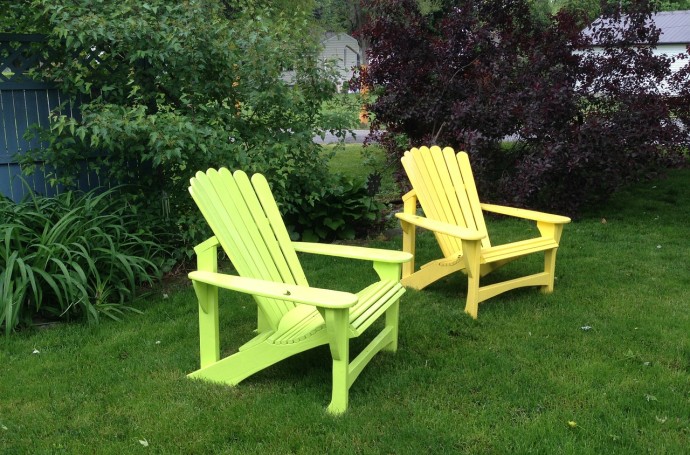Those of you who’ve ever embarked on a DIY project know from first-hand experience that they almost never turn out the way you planned. You’ve probably created an in-depth, intricate blueprint of exactly what you want your new conservatory to look like, or how you want your new entertainment complex to look. In the end, though, that’s never how it happens; short-sightedness in the planning stage, unexpected twists during construction and other confounding factors mean you’re almost always sidetracked.

There’s an unavoidable amount of change and alteration in almost any DIY project; those that go completely smoothly are rare, although they do happen. In order to help you at least try to prepare for as much deviation from the model as possible, we’ve put together a list of things people think about DIY projects and the reality of those thoughts. By reading this list, we hope you’ll be able to sidestep some of the more common errors. Let’s get started!
Fantasy – it won’t cost much
“I’ll be able to source the materials cheaply,” say you. “I can easily find places which sell cheap furniture, and there’s bound to be something there that fits my specifications.” We’ve heard this countless times before, and although it’s an admirable way to think – being smart with money is always a great way to conduct DIY business – it’s almost never how things actually turn out.
Reality – you’ll need a decent amount of money
You’ll need to cover costs for tools, materials and other considerations, not to mention potentially paying electricians or plumbers if this isn’t something you can do yourself. You’ll need a decent amount of money saved up in order to start your DIY project. We’d strongly recommend looking into reputable, trustworthy loan companies to get a quick injection of cash for your project; these companies are flexible and safe, and you can worry about repayments after you’ve chased your dreams down.
Fantasy – it won’t take much time
When planning a DIY project, the temptation is always to severely underestimate the amount of time it will take. If you’ve got a full-time job, you don’t want to fritter away valuable spare time on DIY projects, so you tell yourself you’ll get everything done within the space of a couple of weekends.
Reality – this is a long-term project
Unfortunately, for all but the most minor DIY outings, the time frame you’ll actually need is likely to be much bigger than you plan for. Even if the actual scope of the work is small, you’ll need to factor in time for errors or breaks as well as simply becoming tired and needing to stop; spending your entire weekend doing DIY won’t feel good if you’ve only got two days before the daily grind starts again. Don’t expect the project to be done overnight and you’ll be fine.
Fantasy – I won’t need help
Since this project is yours, you need to embark on it alone. “It doesn’t make sense to get others involved; they’ll slow me down if they don’t know what they’re doing, or they’ll try to add to the design and I want to retain my original vision for how it’s going to look.” More charitably, “I don’t want to involve others because that’s work and time they don’t need to put into something that I decided I wanted to do.”
Reality – there’s no shame in asking for help
Your family might actually really want to be involved in the project with you. Carrying out DIY together can be a surprisingly effective family bonding exercise; allocating tasks and watching as they’re completed can show you a lot about your family’s individual personalities, as well as making you feel loved and wanted as they help you make your dream project a reality.
Fantasy – I need to buy every tool
In order to be prepared for the upcoming project, you may think you need to get everything and be fully ready for any eventuality. You might be browsing the shelves at a hardware store and get carried away, or you might want a toolbox which contains everything you could possibly need; either way, you’re thinking that you’ll never be able to carry out the project unless you’re perfectly prepared.
Reality – you probably don’t need that many tools
Unless your project is a massive, elaborate undertaking, you’re likely to be OK with buying a small range of tools. Speak to the staff at the hardware store and explain what you’re planning to do (be wary of sales spiel, as usual), and they’ll help you choose exactly what you need. Better yet, ask around your nearest and dearest to see if anyone can lend you the tools you need; it’s always better to borrow things than to buy them, especially if you’ll only ever need them once!


